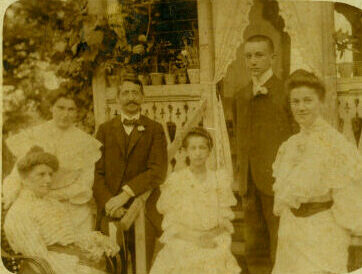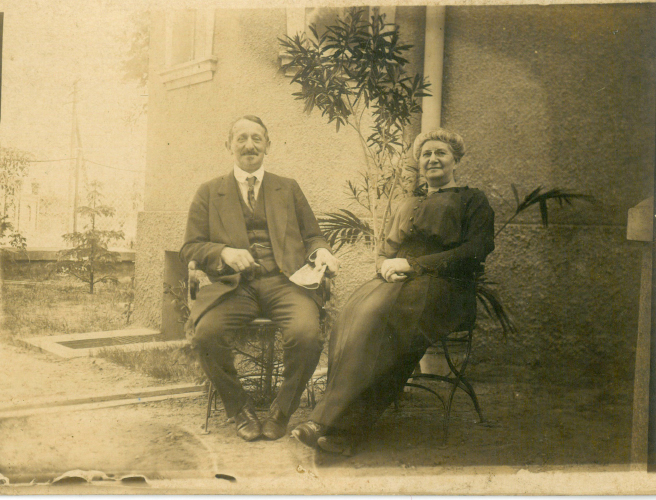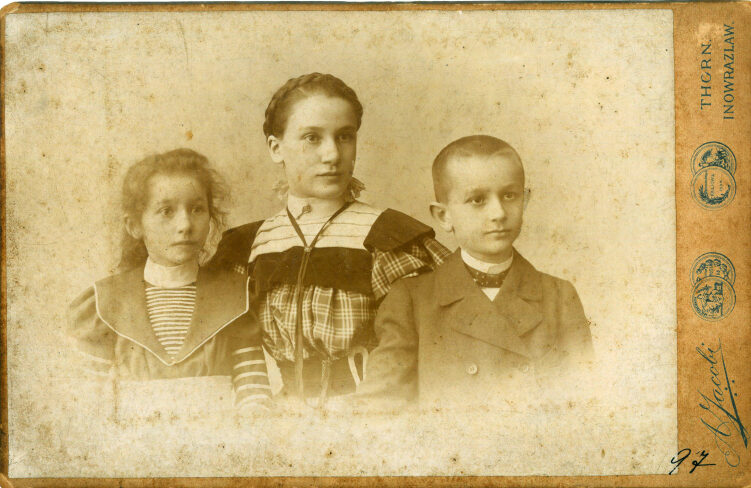Family destinies: the letters to Ruth Springer
Gerhard Springer was born on March 22, 1889 in Culmsee, today’s Poland (Chełmża). His family represented a standard German Jewish family that, in the 19th century as a result of Hazkala (Jewish Enlightenment), was included in German society, assimilated its cultural and social values and enjoyed full citizenship in its cities. The engagement of German Jews in World War I reflected this movement.
In his letters from the front to his family and his sister Ruth, Gerhard dealt with everyday matters, such as on March 16, 1915: “Dear parents! I would like to draw your attention that yesterday on a night march I had to stay behind because of my backpack, which was very heavy. The next day, I fell ill due to tachycardia and now I was prescribed rest. Within 10 days, I received 40 packages from you and another forty from I don’t know who, that makes 80 packages. How do you think I will be able to transport all this (…)”.
Whereas in others, he describes almost surreal situations, such as Easter 1915, on April 5th: “I stood guard from Saturday to Sunday, when at around 1am the Russians started singing; louder and louder, until a chorus of many-voiced men passed through the night, they sang their typical melancholy folk songs; It became more and more agitated, also on our side, until we heard what the Russians were shouting at us: “Prussians, we wish you a Happy Easter!” (…) Around noon, a good part of our company had gathered at our outpost and we waved to the Russians, who waved back, and everyone left their positions; we advanced about 60m, the Russians 40m, and met in the middle; (…) everything was full of soldiers, we exchanged cigars and sausages for Russian cigarettes, etc.; (…) the conversation was mediated by a Russian soldier, a Jew, who also spoke German (…) The troops made a good impression, they seemed robust; It’s good to know that at least you’re dealing with a respectable enemy (…)”.
Gerhard fell in combat for his Germany, on October 1, 1916, in Armentières, on the border with Belgium. His bravery will not help his family, especially his sister Ruth and his nephew Ernst, when the Nazi regime takes hold.


